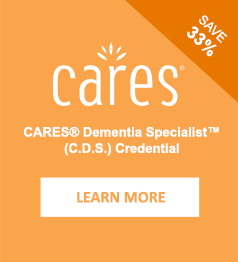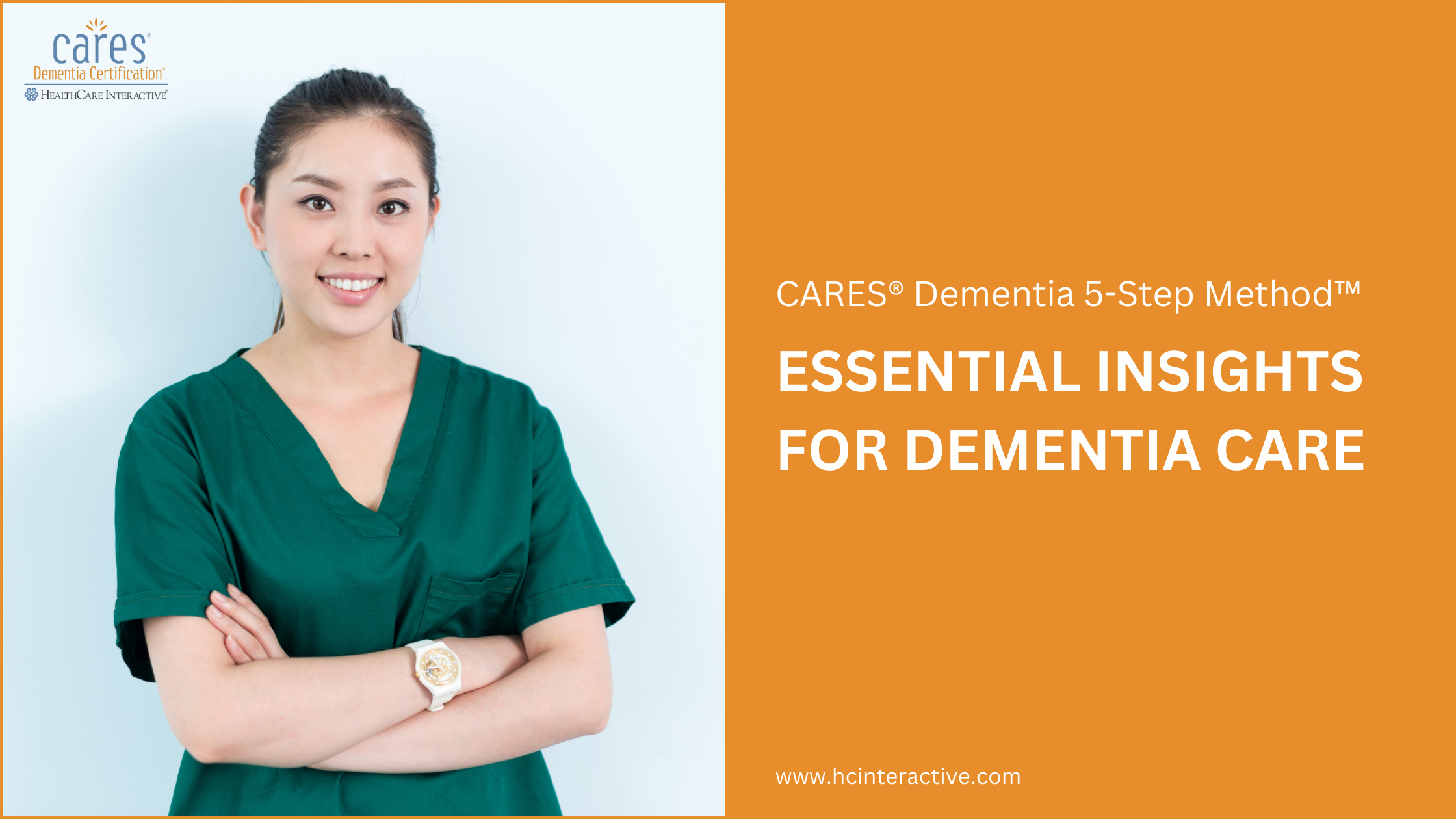Alzheimer’s disease and related dementias are complex conditions that affect millions of individuals and their families worldwide. Understanding these conditions, their effects, and ways to provide effective care is crucial for caregivers. Below are some essential insights to guide your journey in caregiving.
1. Differences Between Normal Aging and Alzheimer’s Disease
Understanding how normal aging differs from Alzheimer’s Disease is vital. While normal aging may involve occasional forgetfulness, Alzheimer’s disease involves more profound memory loss and cognitive decline that impact daily living.
2. Thinking Skills Affected by Alzheimer’s Disease and Related Dementias
Dementia impacts several cognitive functions, including memory, reasoning, judgment, and communication. Recognizing these changes can help caregivers adapt their approach to provide better support.
3. Key Facts About Alzheimer’s Disease
Alzheimer’s is the most common form of dementia, characterized by progressive memory loss, confusion, and difficulty with everyday tasks. Awareness of these facts aids in early recognition and care.
4. Stages of Alzheimer’s Disease
Alzheimer’s progresses through 3 distinct stages: early, middle, and late. Each stage is marked by changes in a person’s ability to perform activities. From mild memory lapses in early stages to severe impairment in late stages, understanding various stages of dementia helps caregivers provide better preparation and support.
5. Activities for Each Stage of Alzheimer’s
Engaging individuals in meaningful activities tailored to their stage of Alzheimer’s is essential. For example, simple puzzles or reminiscing activities can be suitable in earlier stages, while sensory stimulation may be more appropriate in later stages.
6. Treatment for Alzheimer’s Disease and Related Dementias
There is no cure for Alzheimer’s disease or many related dementias; however, some FDA-approved medications can help slow cognitive decline. Most treatments focus on improving the person’s quality of life and providing relief from symptoms.
7. Depression in Dementia
Depression is common among individuals with dementia. If signs such as sadness, low energy, or social isolation are present, it’s important to consult a medical professional for an evaluation. Appropriate treatment can significantly improve the quality of life for those living with dementia.
Providing care for someone with Alzheimer’s or dementia requires patience, understanding, and knowledge. By focusing on these key areas, caregivers can make a significant difference in the lives of those they support.
Take advantage of our limited-time offer! Enjoy exclusive deals tailored for you. Contact us today! Save 15% on all CARES Dementia Certifications—just use the purchase code CDS15PROMO at checkout.
Start now! Visit www.hcinteractive.com/5StepDemo for free access to Module 1!

